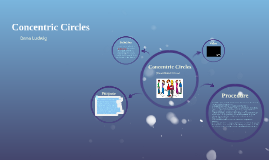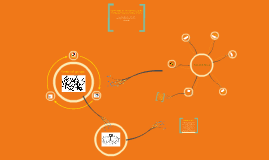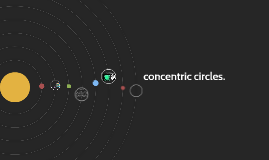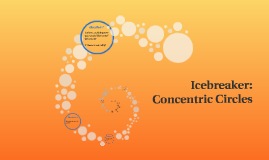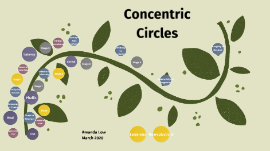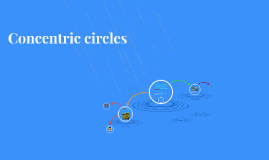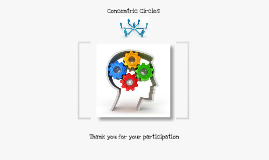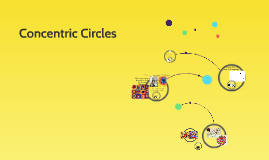Concentric Circles
Transcript: This protocol provides students with a structure to actively engage in discussions around short text, questions, opinions, or debates on any topic with several different partners. This discussion technique gives students the opportunities to have discussions with a wide range of peers in a structured manner. 1. Student chairs or desks are arranged in two concentric circles; an inner circle and an outer circle facing each other. 2. Students choose a seat facing a partner across from them. 3. This first pair of students facing will have a certain amount of time to discuss a question, topic, or section of a reading. (Variation: teachers may also use this for test prep, defining terms, role playing, or critiquing). 4. When the teacher gives a signal (chime/chime), the inside circle rotates one (or more) chairs to the right (or left). The new pair of students facing each other will have a certain amount of time to discuss the next question, topic, or section of a reading. 5. The teacher will instruct the inside circle to move as many times as necessary. 6. The last pair of students facing each other should sum up the discussion and be prepared to share out key points with the whole group. (Debrief: at the end Students should share important ideas or common threads to the discussion (Inner/Outer Circles) Concentric Circles Concentric Circles is a kinesthetic discussion strategy that invites all students in the class to contribute as a speaker, as well as an active listener. Concentric Circles Dana Ludwig Video Purpose Procedure Definition






